On June 26, the 2024 Belt & Road and BRICS Skills Development and Technology Innovation Competition – BRICS (Brazil) Technology Innovation Competition (hereinafter referred to as "the Competition") was successfully held in Brazil.
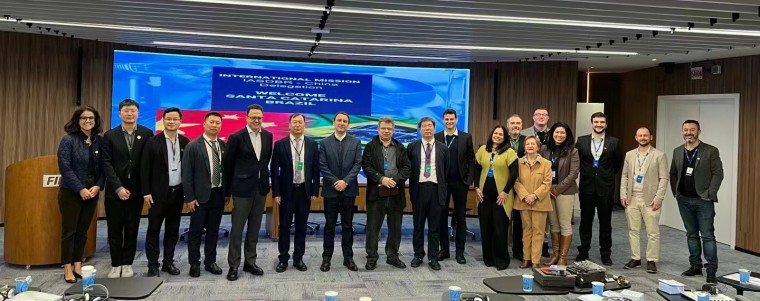
Since its launch in February this year, the Competition has attracted the enthusiastic participation of over 280 teams nationwide. From June 22 to 30, 17 participating teams representing China formed four delegations and traveled to São Paulo, Rio de Janeiro, Santa Catarina, and Mato Grosso states in Brazil for competition and exchange. After on-site presentations, Q&A sessions, and expert evaluations, all teams achieved excellent results.
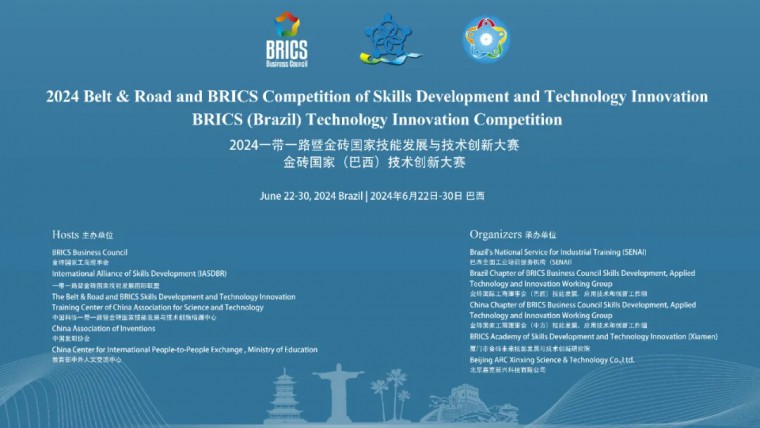
Santa Catarina Division
The competition in Santa Catarina was held at the Federation of Industries of the State of Santa Catarina (FIESC). Dr. Liu Zhenying, Head of the Chinese Chapter of the BRICS Business Council Working Group on Skills Development, Applied Technology and Innovation; President of the International Alliance of Skills Development for Belt & Road and BRICS; and Director of the Training Center for Belt & Road and BRICS Skills Development and Technology Innovation of CAST, introduced the competition to the judges and experts. Seven innovation projects were presented by the Chinese teams.

Lu Jian from Henan Polytechnic Institute presented "Core Innovation Technology – The Industry's First Stepless Transmission Fully Automatic Intelligent Anti-theft Lock Body", demonstrating the project on site. The project addresses key technical challenges in the field of stepless transmission smart anti-theft locks, integrating gear mechanisms for smooth speed variation and advanced sensors, image recognition, and AI algorithms for real-time monitoring and intrusion detection.
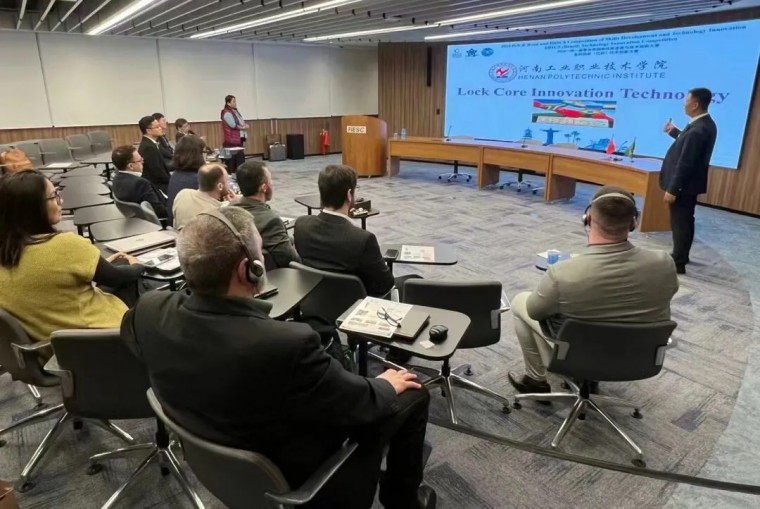
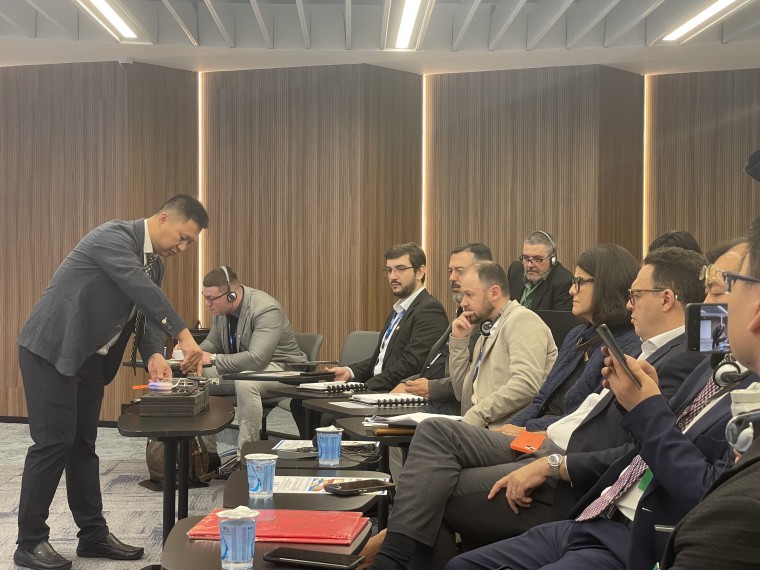
Gan Yiming from Guangdong Vocational and Technical College presented "Research and Application of Textile-based Intelligent Liquid Collection and Analysis Flexible Core Technology". The project addresses limitations in current flexible materials' ability to control liquid dispersion and position, developing a technology that enables intelligent directional liquid transmission to improve user comfort.
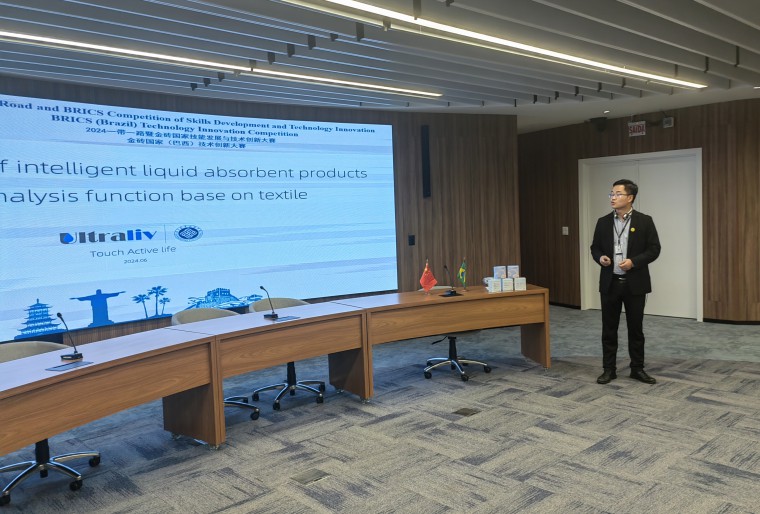
Yang Chenglin from Anhui Broadcasing and Television College presented the project "Style Transfer Between Chinese and Brazilian Paintings Based on Generative Adversarial Networks (GANs)". The project focuses on style extraction and integration, high-resolution image generation, and network optimization. Using DCNN, it extracts features to guide artistic style transformations.
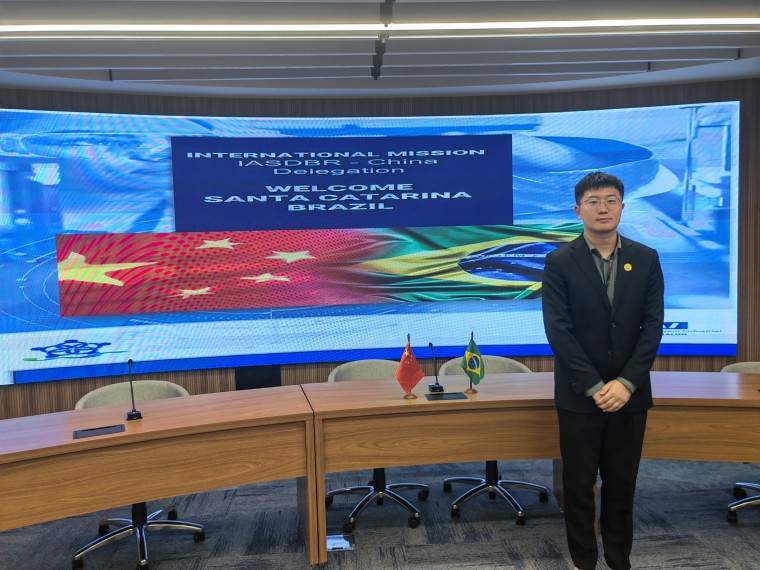
Yang Zhong from Anhui Broadcasing and Television College presented "Integrated Application of AI Technology for ‘Silk Road Chinese’ – A Case of Building a Broadcasing and Hosting Resource Database". The project enables AI to deeply learn Chinese oral expressions, assisting in real-time speech parameter generation for teaching standardized spoken Chinese across BRICS nations.
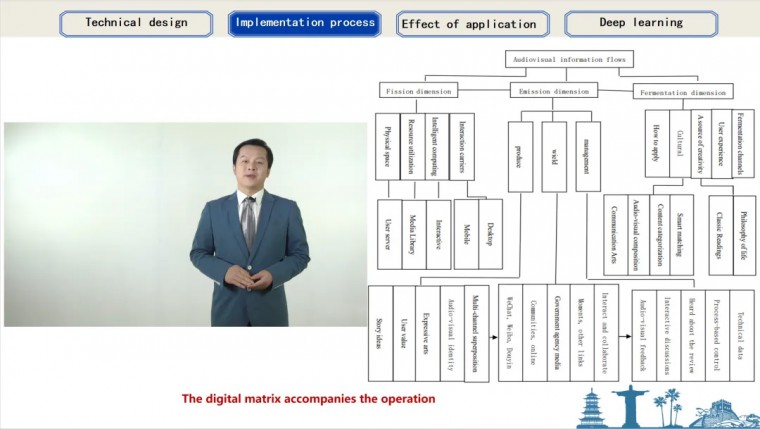
Zheng Kai from Shandong Media Vocational College presented "AI-powered Video Generation to Support Promotion of New Industries in BRICS Countries". This project enhances AI video generation quality and diversity, offering scalable solutions for industrial promotion using AI-generated personalized content.
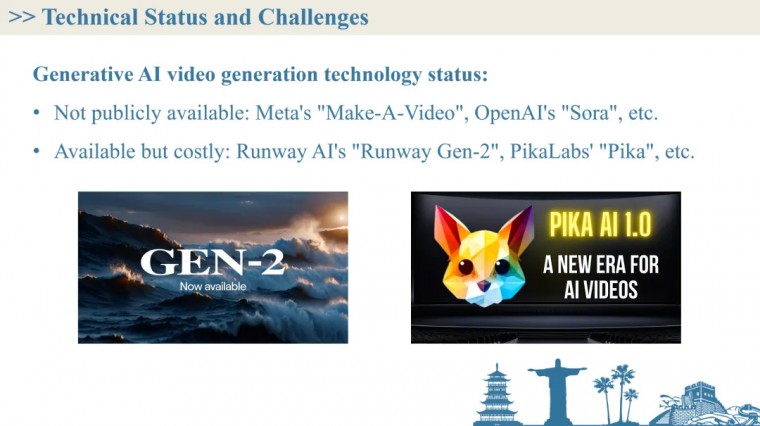
Professor Zhou Shouqin from Guangdong Business and Trade College showcased two projects: "Agricultural Pest and Disease Recognition System Based on Deep Learning and Drone Collaboration" and "Research and Application of Live Fish Sorting and Counting Technology Based on Image Recognition".
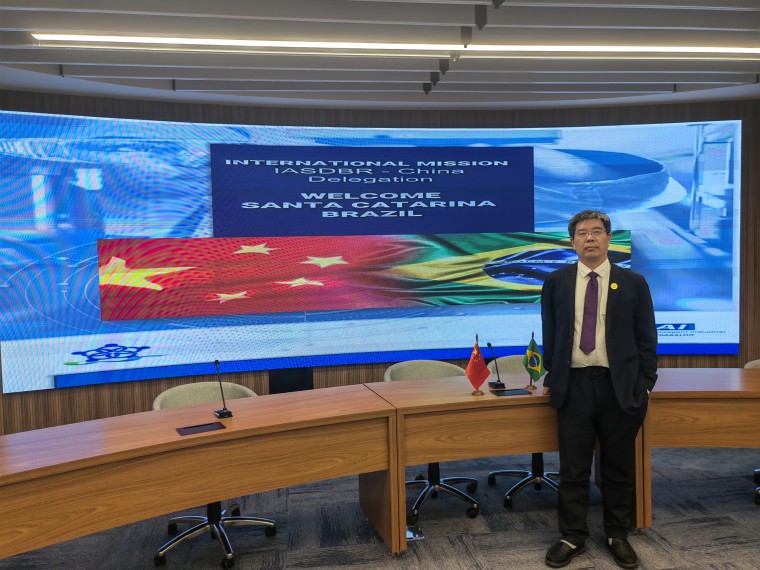
Experts praised the technical difficulty, practicality, and innovation of the projects, and Brazilian judges awarded certificates to the participants.
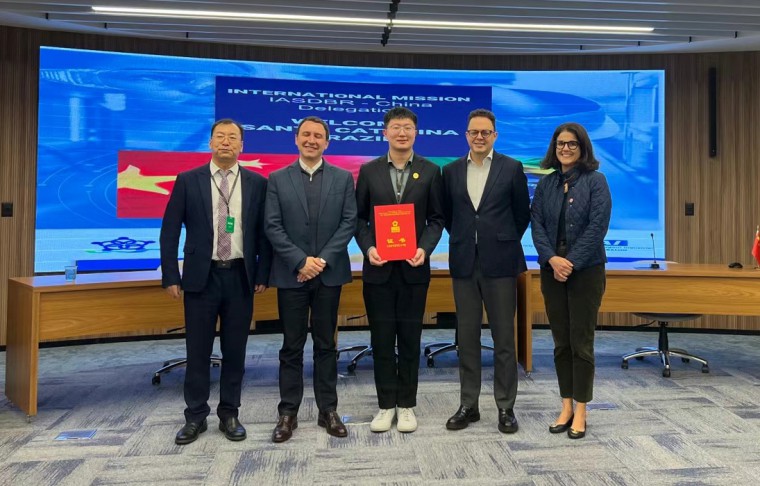
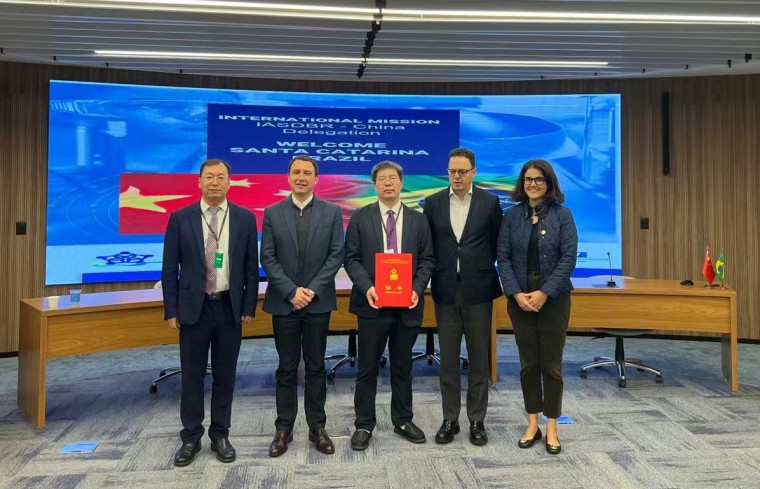
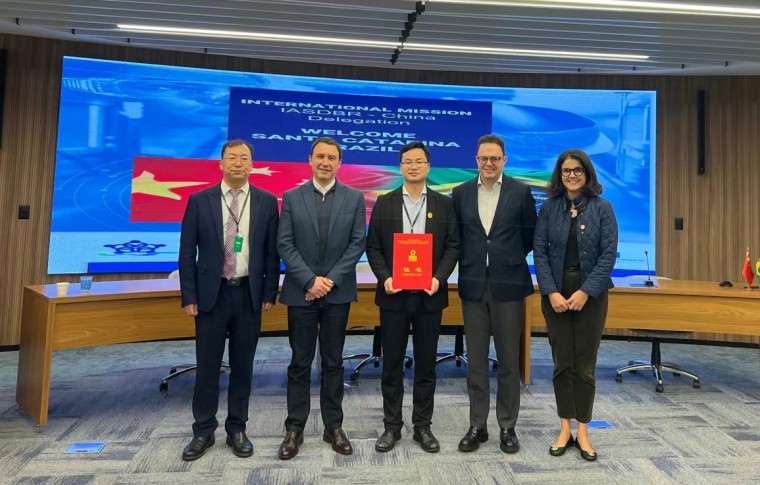
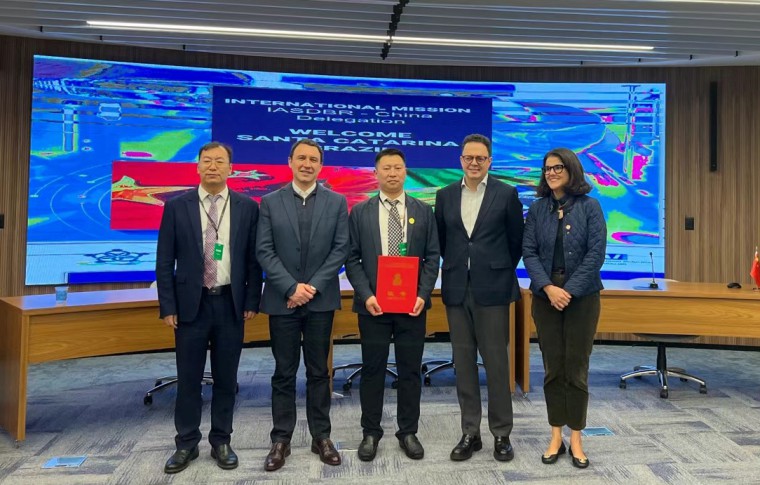
São Paulo Division
Held at SENAI "Conde José Vicente Azevedo" Technical School, the Chinese teams presented two innovation projects.
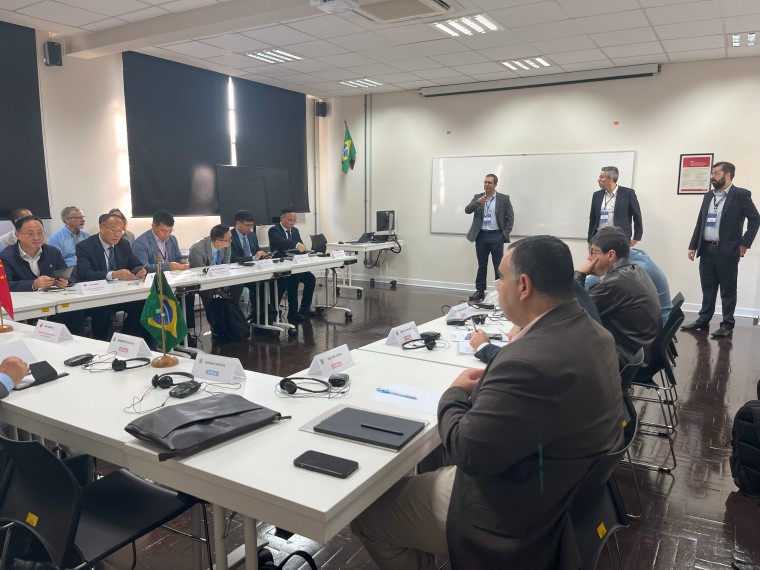
Qiu Chenguang from Wuhan Electric Power Vocational College presented "Design and Transformation of a Comprehensive Smart Zero-Carbon Power Plant in Port Areas". The design includes rooftop PV systems, BIPV canopies, wind-solar streetlights, shore power, electric truck charging stations, and China’s first charging station for electric vessels.
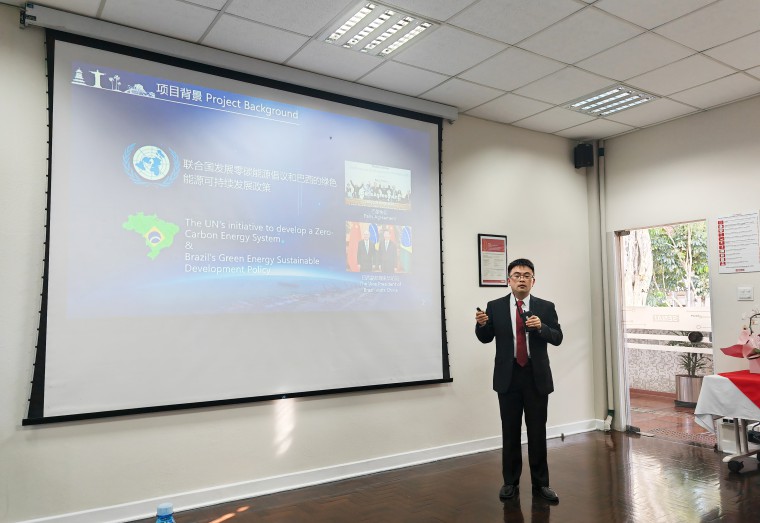
Zhao Yu from Nankai University presented "Sustainable Aviation Fuel Production by Hydrogenated Castor Oil". The project developed high-stability, long-lifespan biofuel catalysts with a 100% conversion rate and >40% fuel yield, meeting global aviation fuel standards.
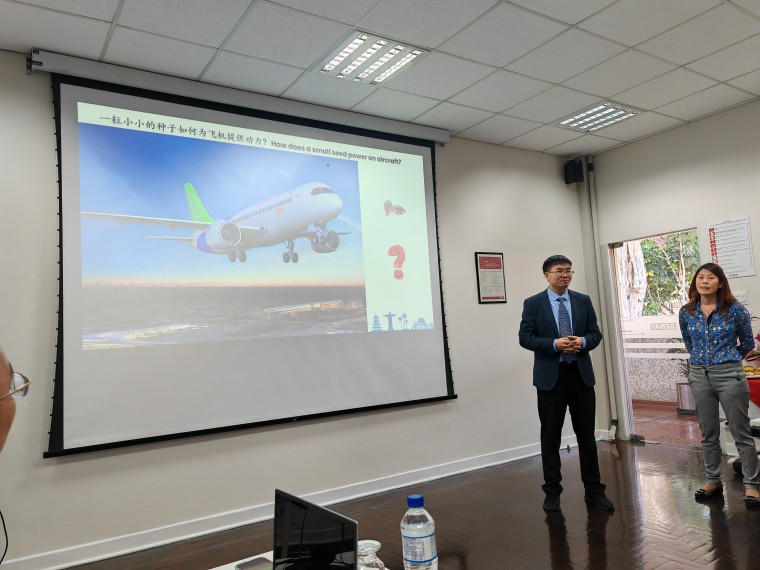
Chinese and Brazilian teams held in-depth discussions and cooperation meetings, resulting in certificates and group photos for all participants.
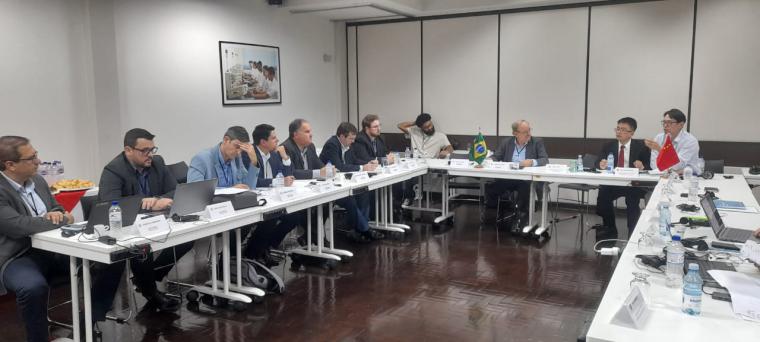
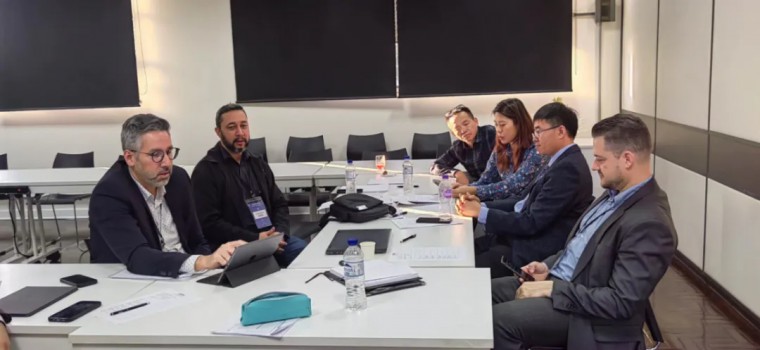
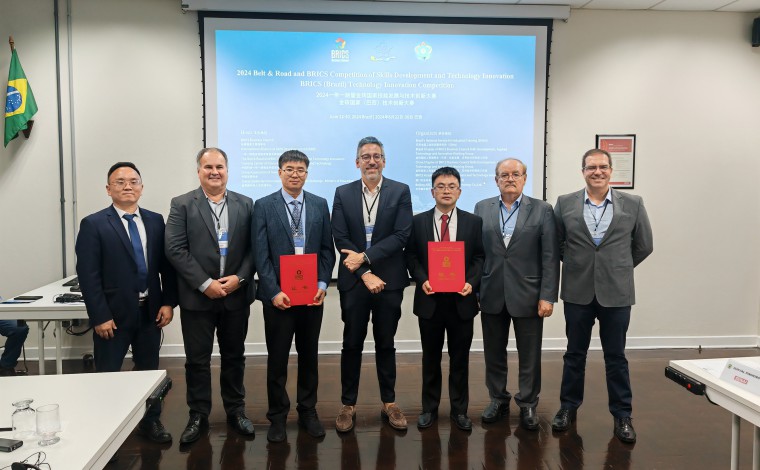
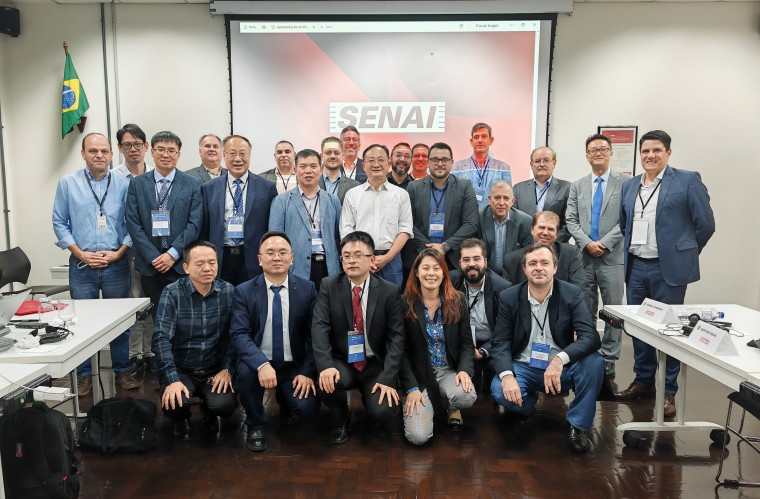
Rio de Janeiro Division
Held at Casa Firjan Innovation Center, the Chinese teams presented five projects to Brazilian researchers, institutions, and enterprises.
Associate Professor Zhou Zhongbing from Guangdong Songshan Polytechnic demonstrated "Application of Large Language Models in Legal Awareness Assessment and Violation Risk Monitoring". The project uses LLMs like GPT-4 to monitor community legal awareness and improve social governance, especially in multicultural BRICS countries.
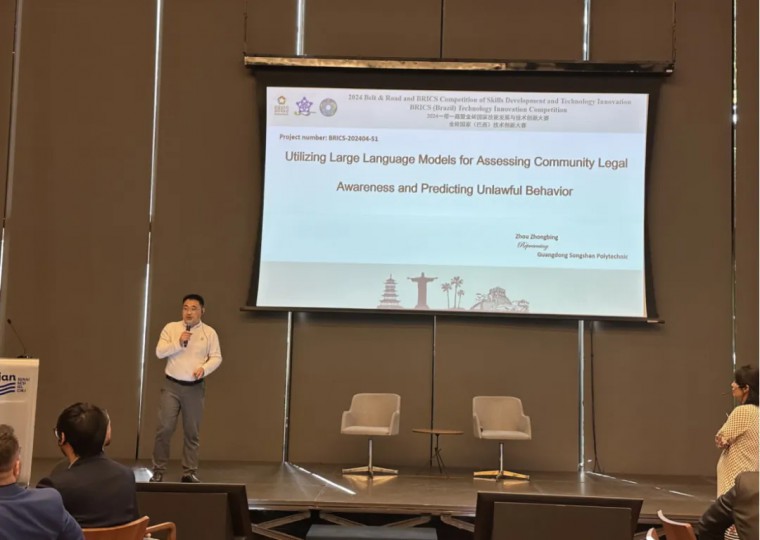
Teachers Zhang Jingchao and Yuan Fangyu from Guangzhou Information Technology Vocational School presented "AI-based Circuit Solder Joint Recognition System". It assesses solder quality using visual recognition aligned with international standards and suggests improvements via large model analysis.
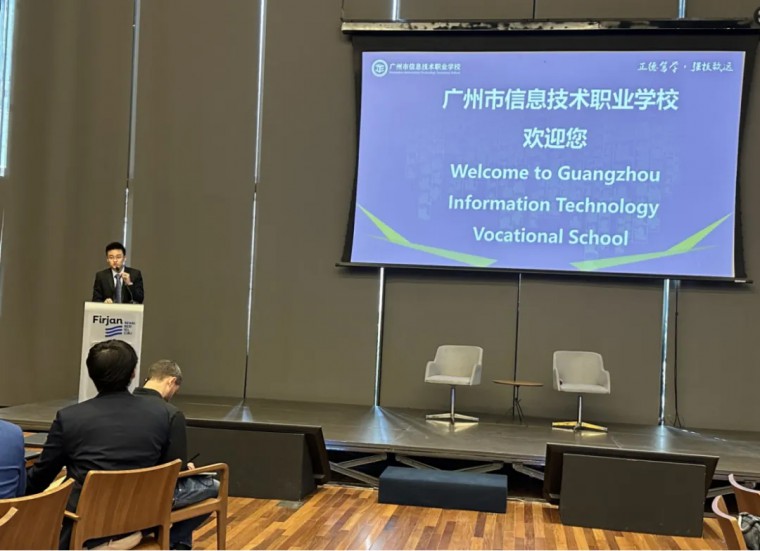
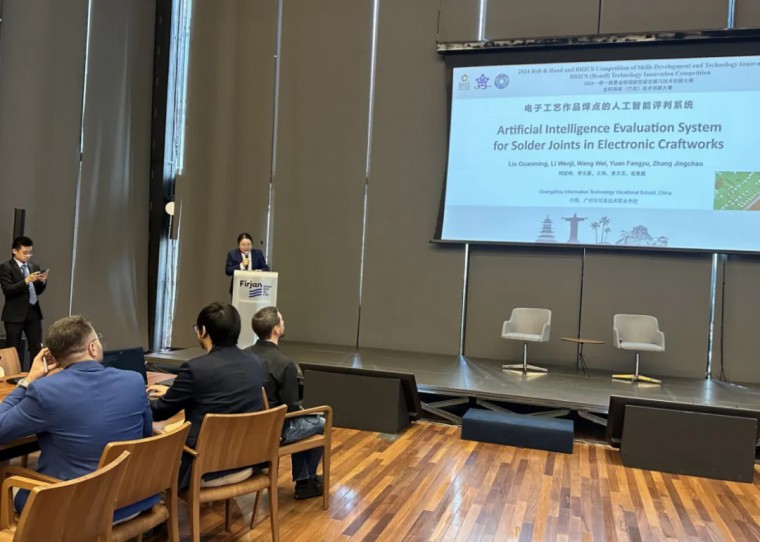
Jiang Long, an engineer from CNPC International, showcased the "AI-based Smart Decision-Making Platform for Digital Interconnectivity". Combining cutting-edge AI technologies and minimal code development, the platform integrates scattered data to support intelligent decision-making across industrial systems.
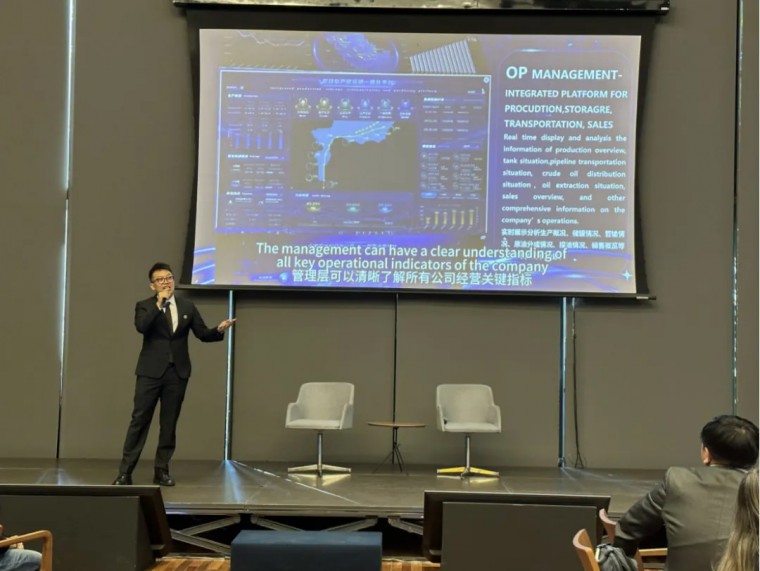
Senior Engineer Hu Jianhua from Guangdong Polytechnic of Science and Technology presented "Interactive Smart Classroom Teaching System Based on Deep Learning". It uses gesture, posture, and text recognition to create gamified learning environments and personalize content recommendations via AI.
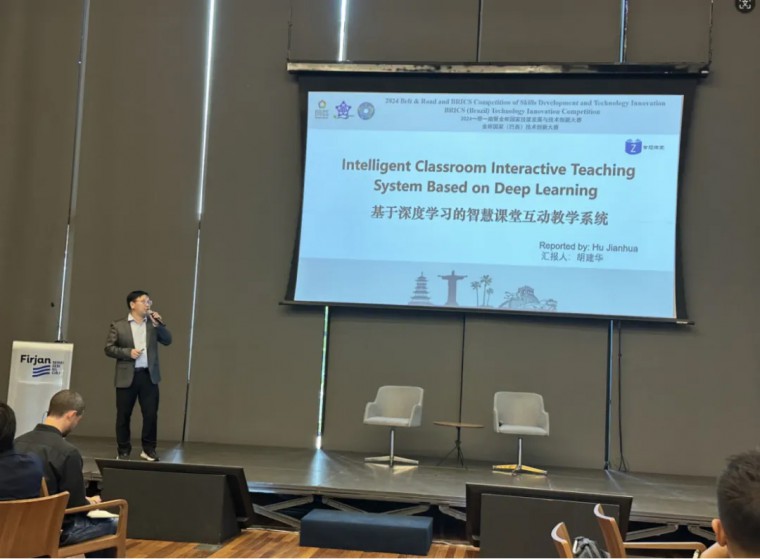
Tan Zhirong, Deputy Director at Guangdong Polytechnic, introduced "Smart Semi-Trailer Truck Active Obstacle Avoidance Solution". It uses LiDAR, radar, and cameras for data collection and autonomous navigation, enabling safe self-driving in semi-trailers.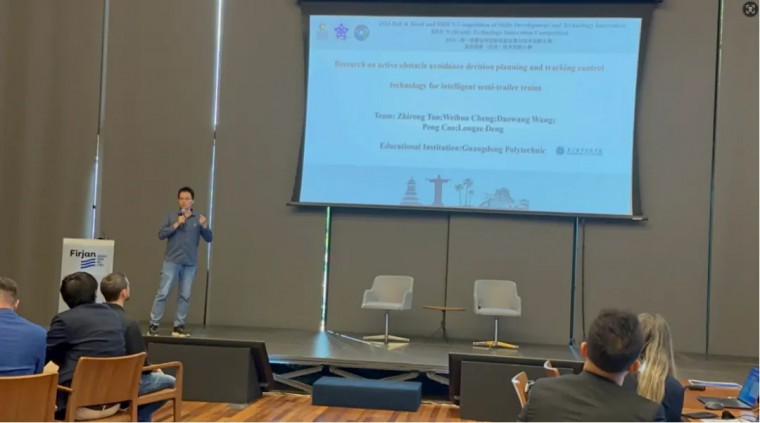
Brazilian experts expressed strong interest and willingness for collaboration. After thorough discussions, both sides reached initial cooperation agreements on all five projects and explored further opportunities. 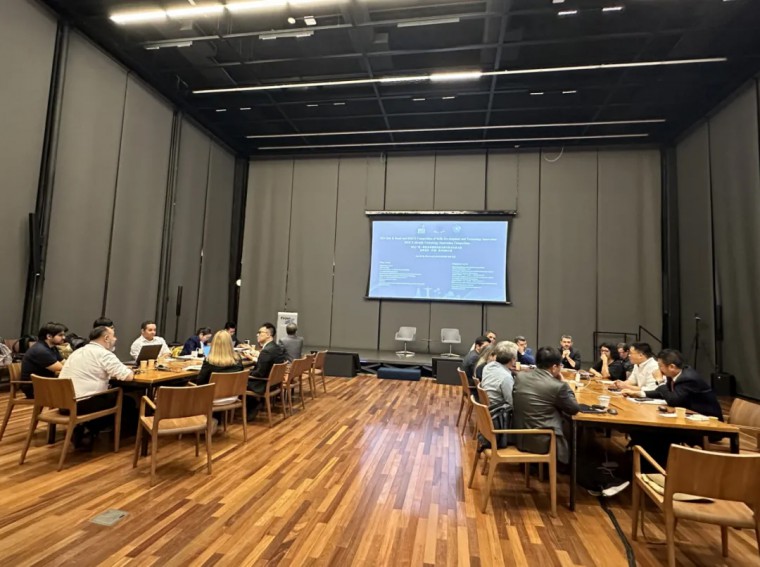
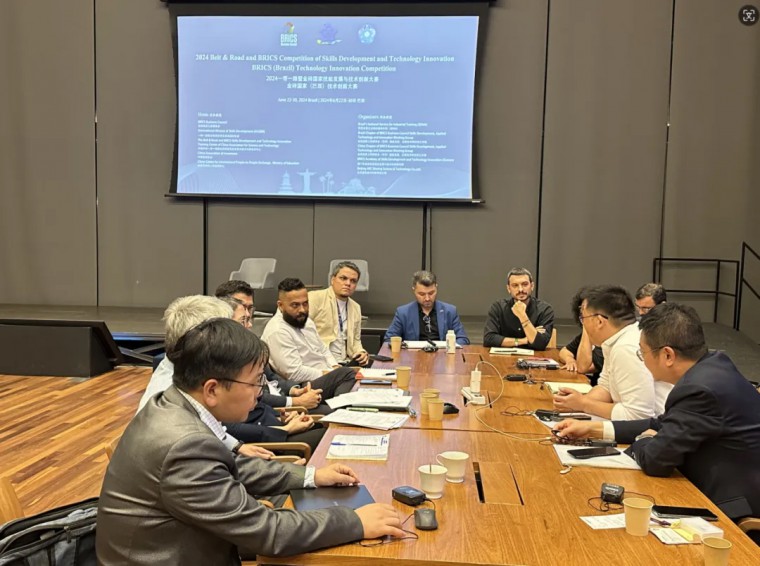
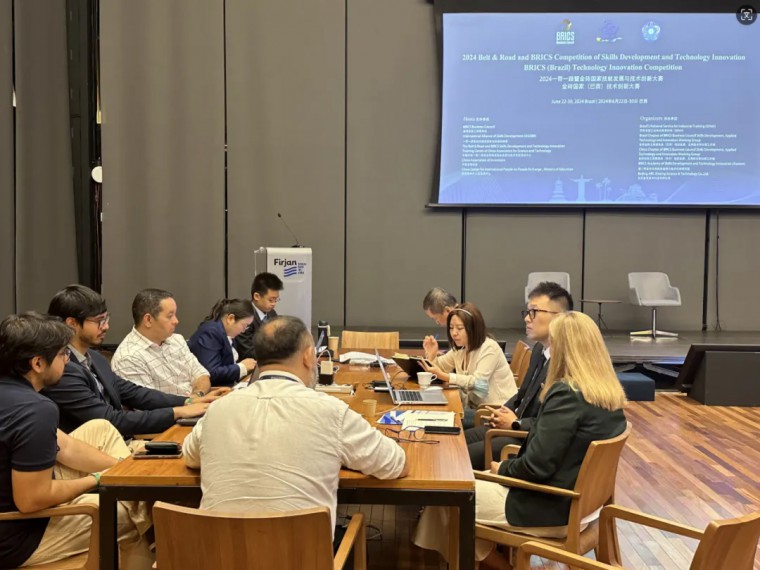
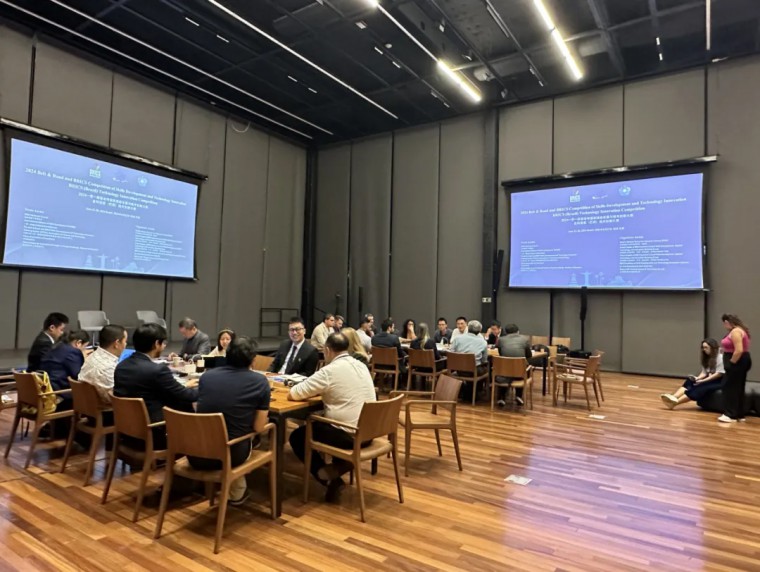
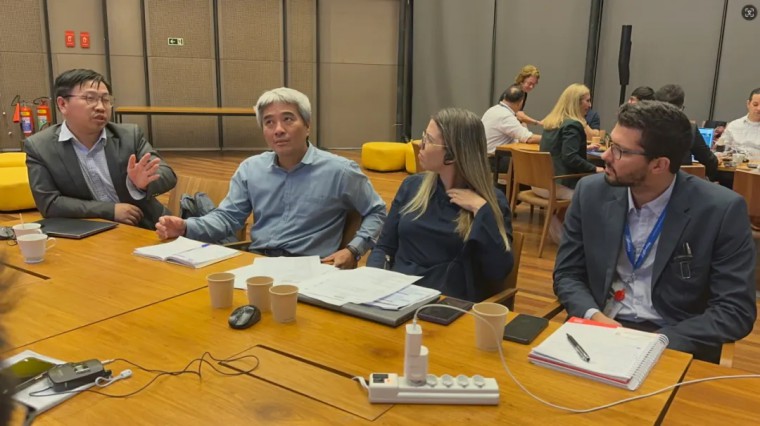
The Chinese team also gifted a school flag to their Brazilian hosts, who in return presented certificates of appreciation.
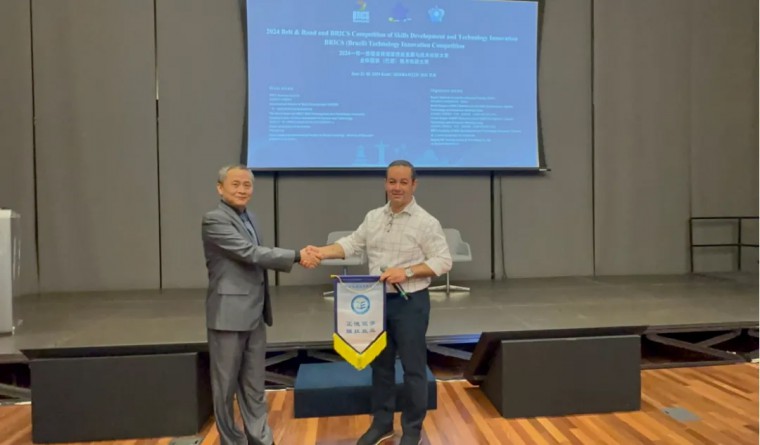
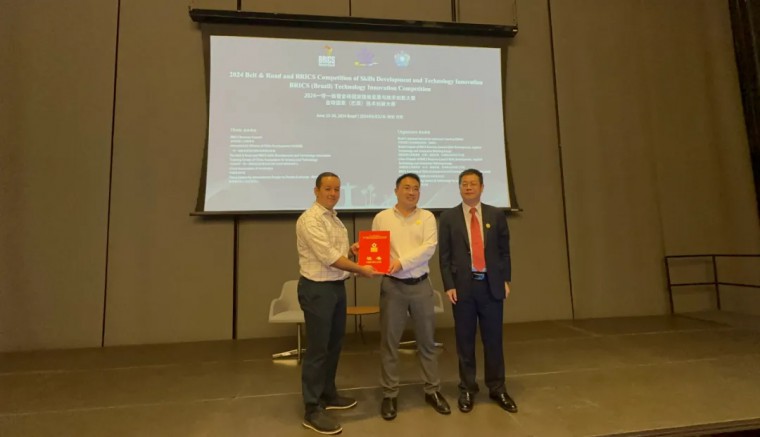
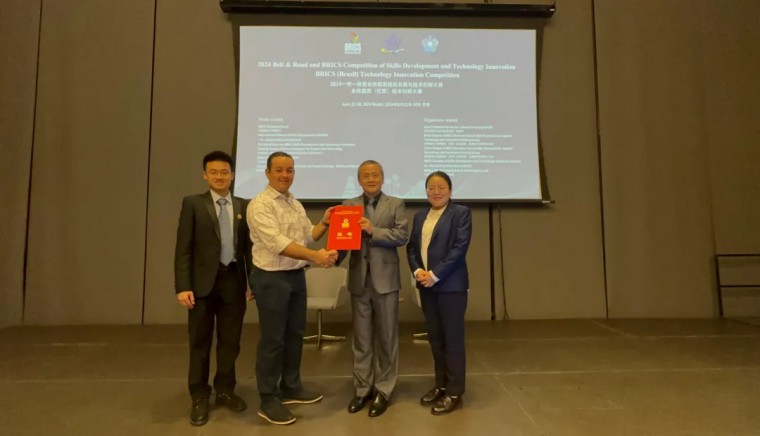
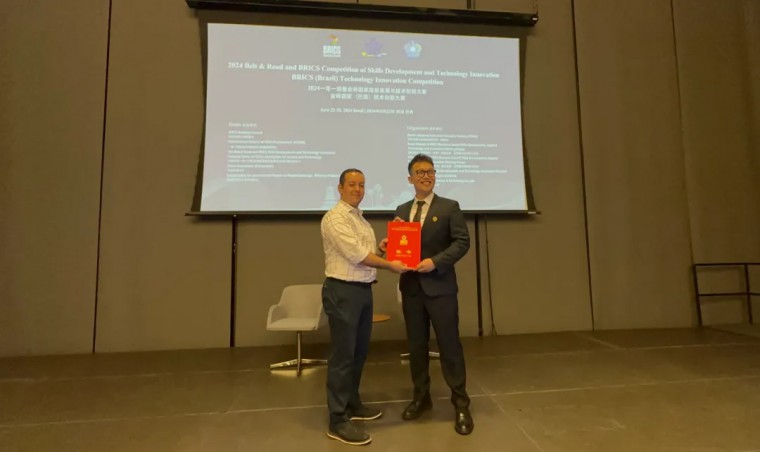
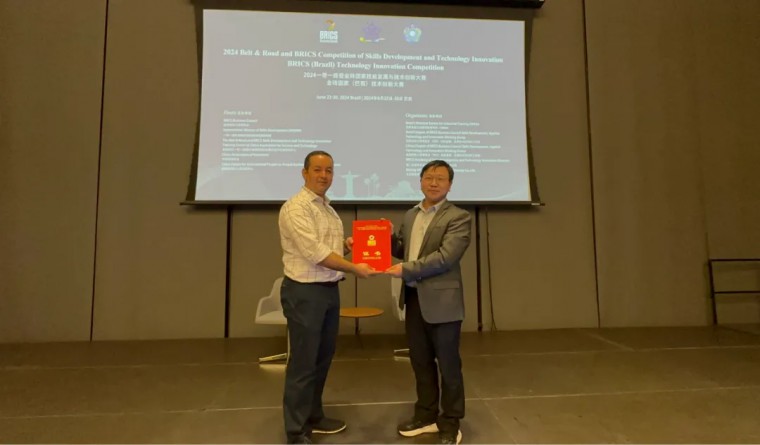
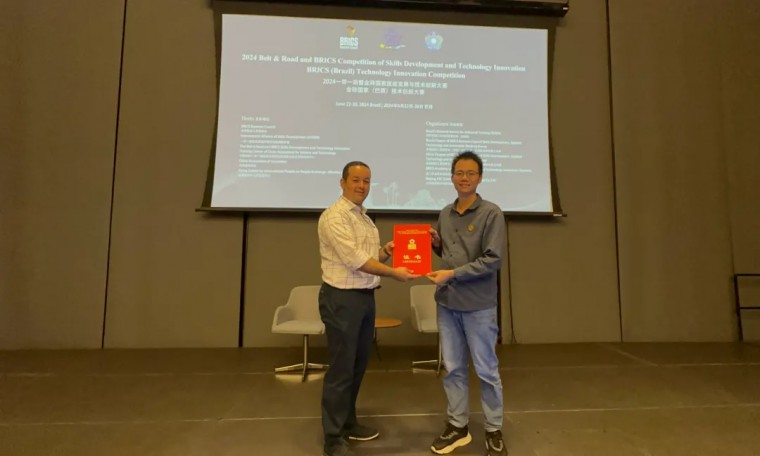
Mato Grosso Division
Held at SENAI Technical Institute, the Chinese teams presented five innovation projects to Brazilian experts.
Vice President Jiang Hui and teacher Zeng Bin from Shanghai Urban Construction Vocational College presented "Multi-role Intelligent Emergency Response Simulation System for Urban Rail Transit ATO Under Degradation Mode". The project innovates coordination strategies between central control and multifunctional teams.
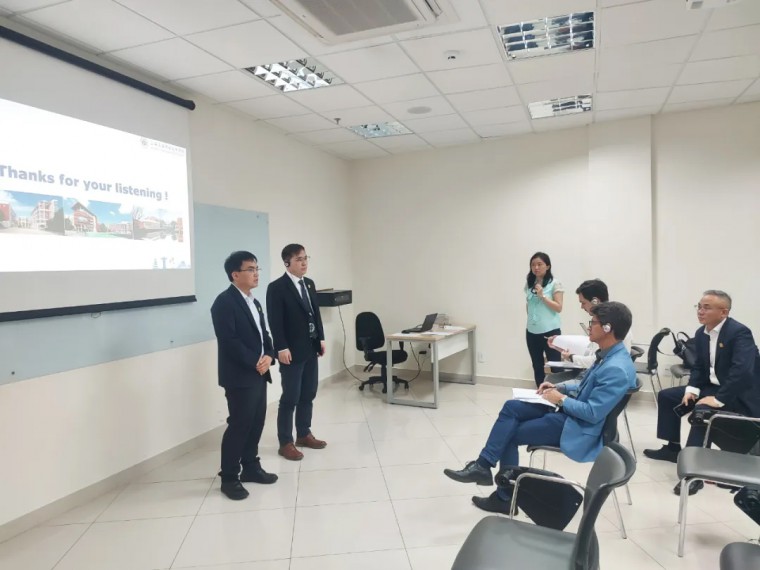
Kong Xiangyu from Guangdong Business and Trade College presented "AI and Drone-based Pest and Disease Identification System", aiming to address the lack of precision pest monitoring technology for major crops.
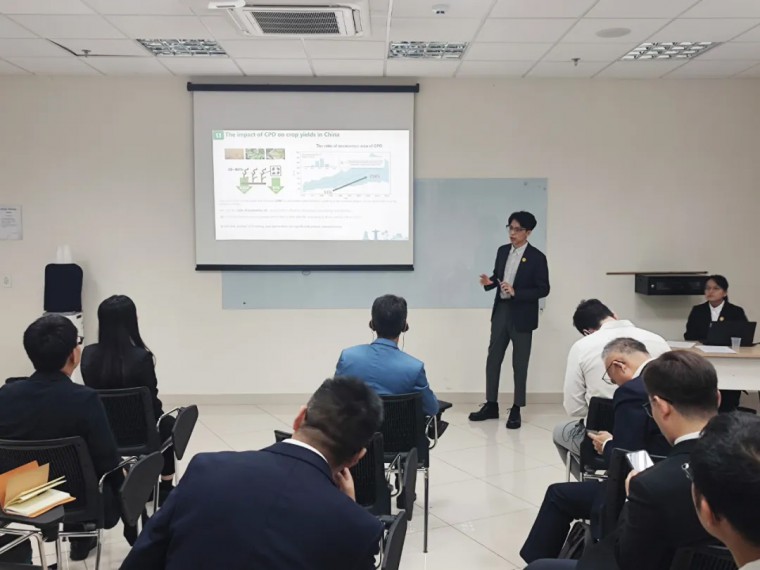
Wu Wanyu from the same institution showcased "Research and Application of Live Fish Sorting and Counting Technology Based on Image Recognition". The system automates fish sorting and water condition monitoring with cloud-based and mobile platform integration.
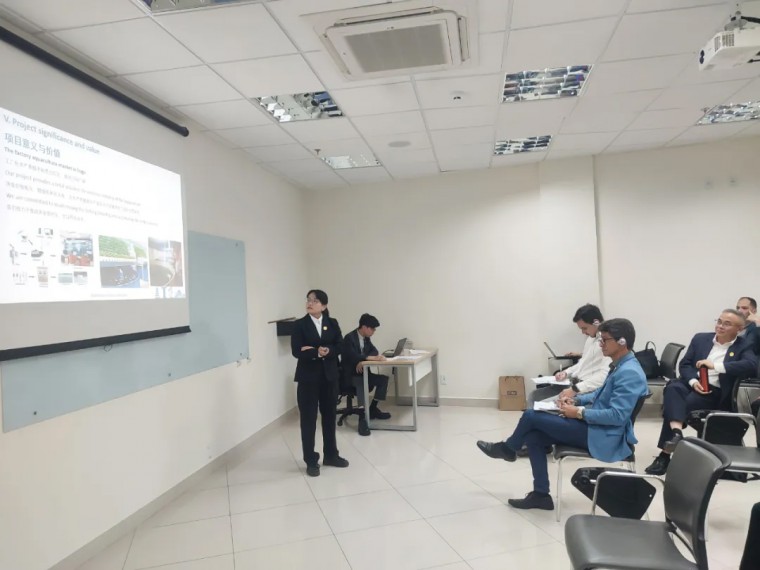
Yang Yanshan and Ai Jiakun from Suzhou Vocational College of Agriculture presented the "Smart Lawn Mowing Robot", featuring new blade technology and innovative path planning to improve efficiency and intelligence.
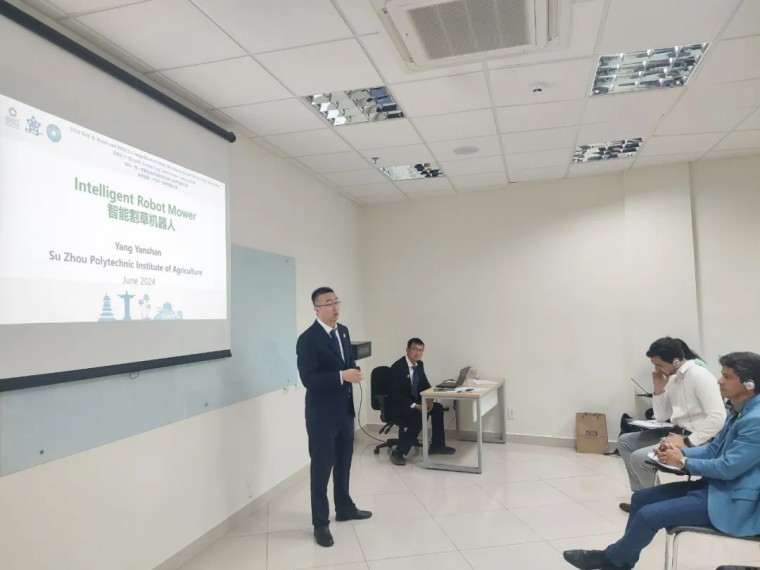
Dr. Luo Jinghai from Guangdong Songshan Polytechnic presented "Agricultural Big Data Decision-Making Platform Based on Multidimensional Field Monitoring and AI Decoding Technology". The system uses field data and AI for intelligent decision-making, maximizing data value.

Frankwaine Pereira de Melo, SENAI National Industrial Development Expert, and Carlos Eduardo Braguini, Regional Director of SENAI Mato Grosso, discussed development trends and applications of each project, emphasizing practical cooperation.
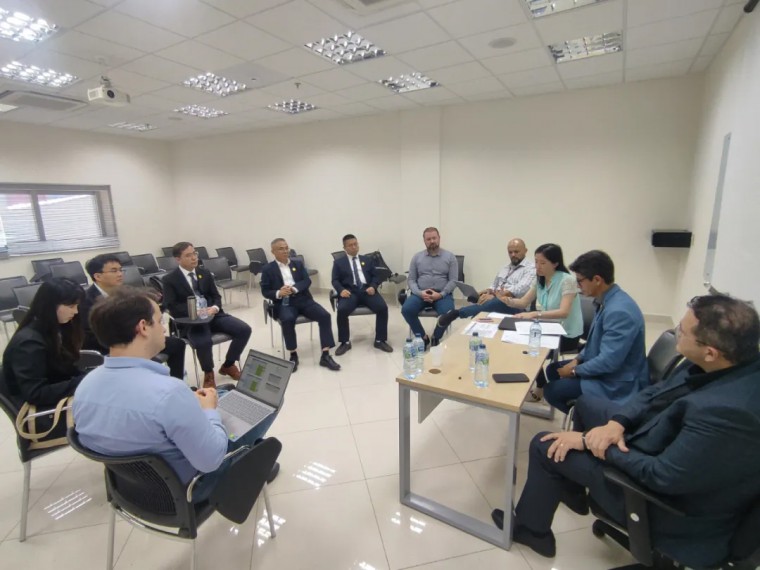
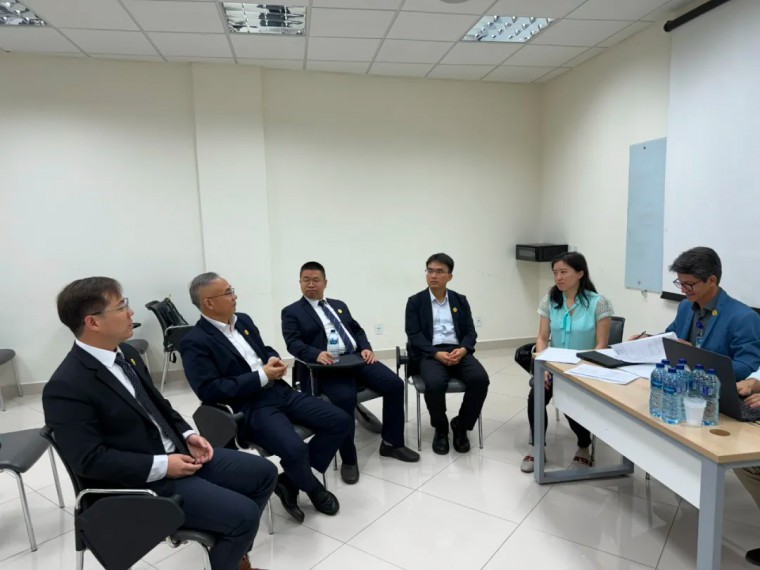
Brazilian judges awarded certificates to all Chinese participants.

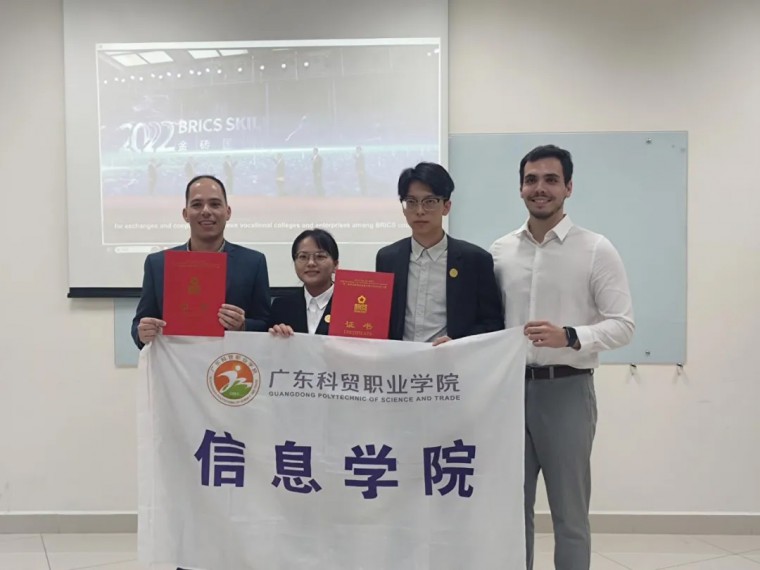
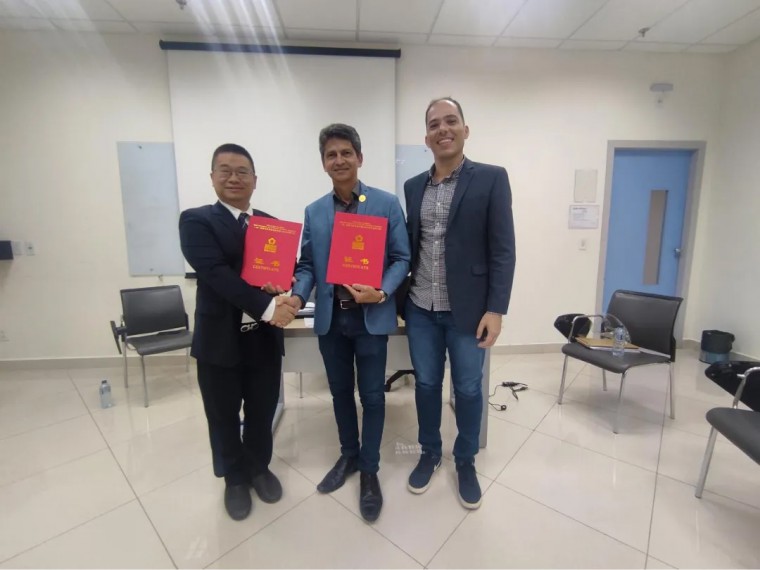
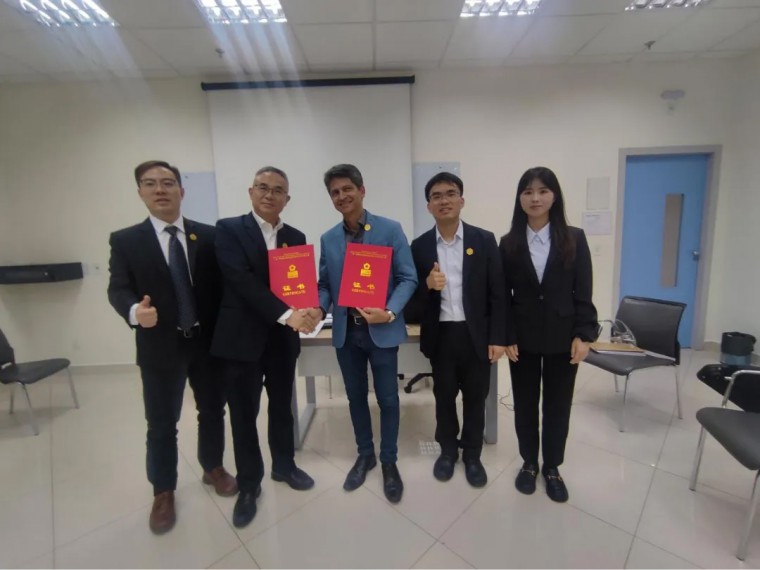
The Competition was co-organized by the Brazilian National Service for Industrial Training (SENAI), the BRICS Business Council Working Group on Skills Development, Applied Technology and Innovation (Brazilian and Chinese Chapters), the International Alliance of Skills Development for Belt & Road and BRICS, the Training Center for Belt & Road and BRICS Skills Development and Technology Innovation of CAST, the China Association of Inventions, the Center for Language Education and Cooperation of the Ministry of Education of China, and the BRICS Academy of Skills Development and Technology Innovation (Xiamen).
About the Competition
The BRICS Skills Development and Technology Innovation Competition (BRICS Competition) is an international event endorsed by the Preparatory Committee of the BRICS Heads of State Meeting in 2017, filed with the Ministry of Foreign Affairs of the People’s Republic of China, and approved by the BRICS Business Council. Since 2017, it has been successfully held for seven consecutive years, with over 250,000 participants involved in competitions, exhibitions, conferences, and technical exchanges. It has been featured in the BRICS Business Council Annual Reports submitted to BRICS leaders for seven years. Now officially included in higher vocational education evaluations and the university student competition directory of the China Association of Higher Education, the BRICS Competition has opened a new chapter in international technical collaboration.
Related Reading
Recommended articles
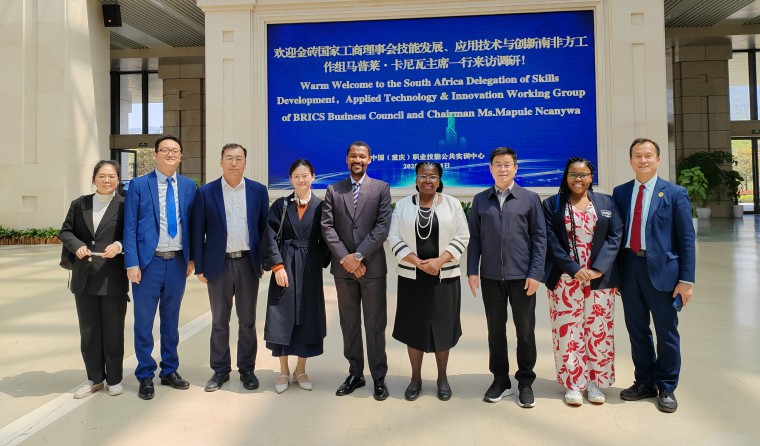
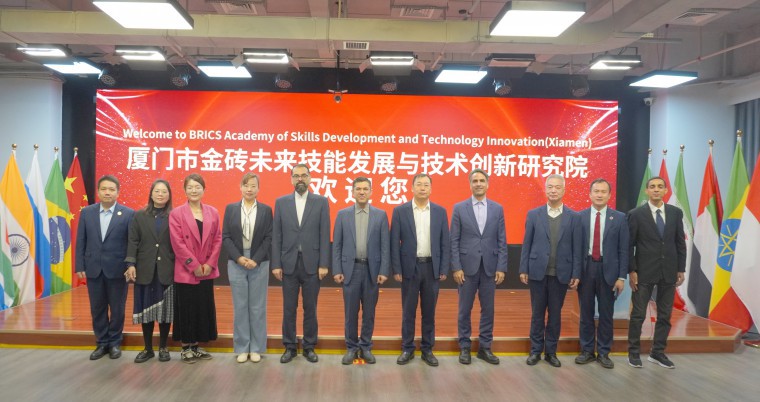
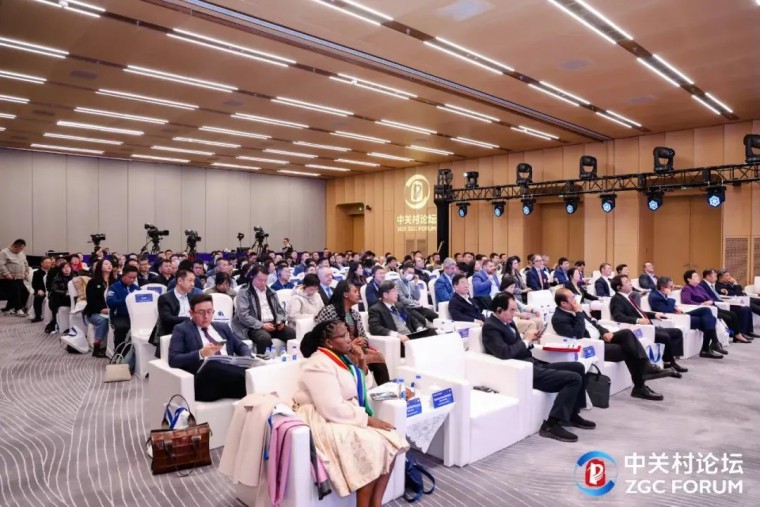

Popular articles


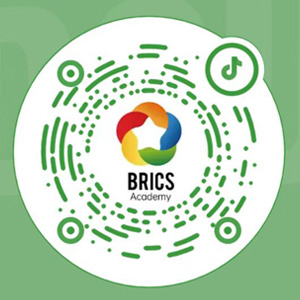
 闽ICP备12331232468号-1
闽ICP备12331232468号-1